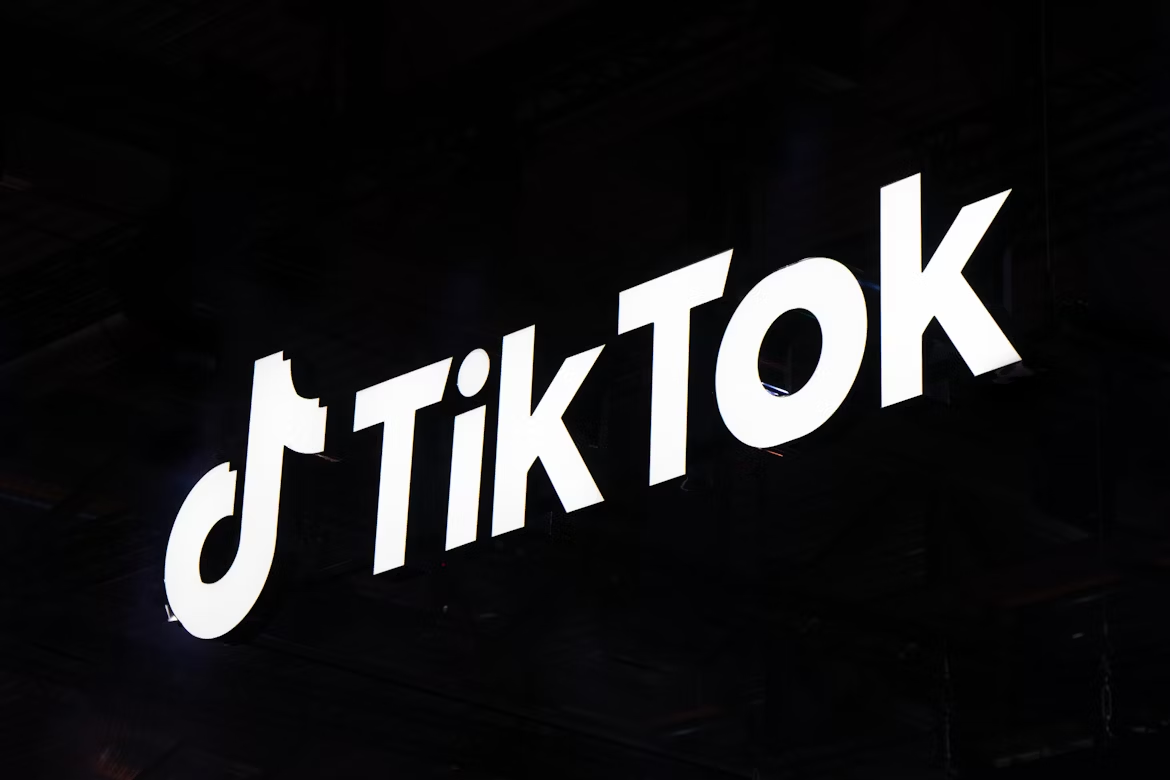The legal battle over TikTok’s presence in the United States has reached a decisive conclusion. After losing its final appeal, the short-video platform now faces an imminent nationwide ban, marking a significant turning point in the intersection of technology, national security, and digital governance.
With millions of users, content creators, and businesses relying on TikTok, the ruling is expected to have widespread implications for the social media landscape, sparking debates over online censorship, platform regulation, and global tech competition.
How the Ban Unfolded
The move to ban TikTok in the U.S. has been years in the making, with national security concerns cited as the primary driver behind legislative and legal actions.
- National Security Concerns – U.S. lawmakers have long scrutinized TikTok’s Chinese parent company, ByteDance, citing concerns over data privacy and alleged connections to the Chinese government. TikTok has consistently denied these claims.
- Legislative Action – In 2023, Congress passed a law requiring ByteDance to either divest TikTok’s U.S. operations or face a nationwide ban. ByteDance refused to sell the platform, leading to a prolonged legal battle.
- Final Ruling – After months of appeals, TikTok has exhausted all legal avenues. As of December 6, 2024, the U.S. government is set to enforce the ban, signaling the end of the platform’s official operations in the country.
How Will the Ban Be Enforced?
Banning a widely used digital platform presents logistical challenges, requiring multiple enforcement mechanisms:
- Removal from App Stores – Apple and Google will be required to take TikTok down from their app stores, preventing new downloads and software updates.
- Internet and Network Restrictions – Internet service providers (ISPs) may be directed to block access to TikTok’s servers, limiting usability for existing users.
- Business and Financial Sanctions – U.S. companies, including advertisers and payment processors, may be prohibited from conducting transactions with TikTok, restricting its ability to generate revenue.
- Workarounds and VPN Use – Some users may attempt to bypass restrictions using virtual private networks (VPNs) or third-party tools, though the effectiveness of such measures remains uncertain.
Impact on Users, Content Creators, and Businesses
The ban is expected to have significant consequences for TikTok’s extensive user base, affecting creators, businesses, and the broader social media industry.
- Content Creators and Influencers – Many TikTok users, particularly those who rely on the platform for income and brand partnerships, are now seeking alternative platforms such as Instagram Reels, YouTube Shorts, and Snapchat Spotlight to maintain their audiences.
- Businesses and Advertisers – Small businesses that have benefited from TikTok’s organic reach and viral marketing potential will need to shift their advertising strategies to other platforms, potentially altering the digital marketing landscape.
- Social Media Competition – The ban presents an opportunity for TikTok’s competitors to expand their market share. Companies such as Meta and Google are expected to strengthen their short-form video offerings in response.
What Comes Next?
While TikTok has reached the end of its legal battle, the broader implications of the ban remain uncertain. Several possible scenarios could unfold in the coming months:
- Potential Sale of TikTok’s U.S. Operations – ByteDance could still choose to sell TikTok’s U.S. division to a domestic company, such as Microsoft or Oracle, to comply with regulatory demands and keep the platform operational in the U.S. market.
- Political and Diplomatic Repercussions – The ban is likely to heighten tensions between the U.S. and China, potentially leading to retaliatory actions against American tech firms operating in China.
- Evolving Digital Regulation – This case could set a precedent for future government actions against foreign-owned tech platforms, raising questions about the balance between national security, digital sovereignty, and free market competition.
A Defining Moment for Tech and Policy
TikTok’s ban represents more than just the removal of a social media app—it underscores broader concerns about data security, global tech competition, and the power governments hold over digital platforms. Whether this ruling marks the end of TikTok in the U.S. or triggers new developments in digital regulation, it is clear that the conversation surrounding social media governance and national security is far from over.


